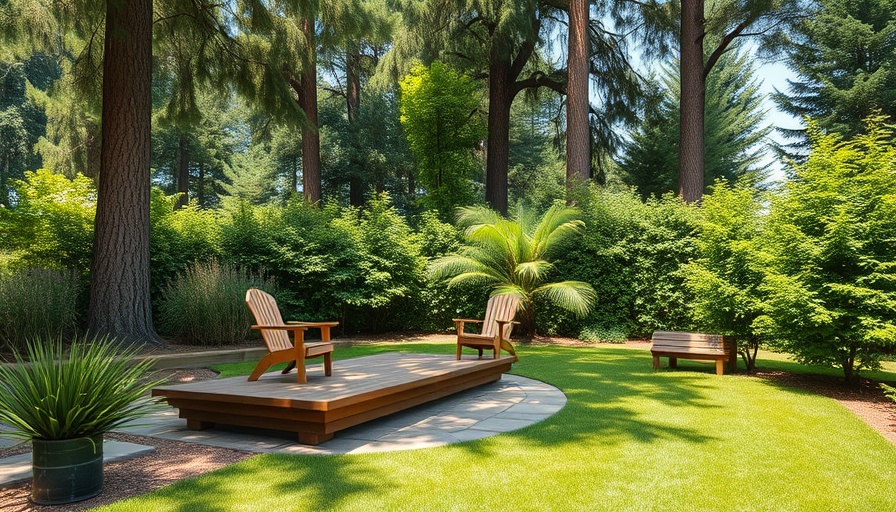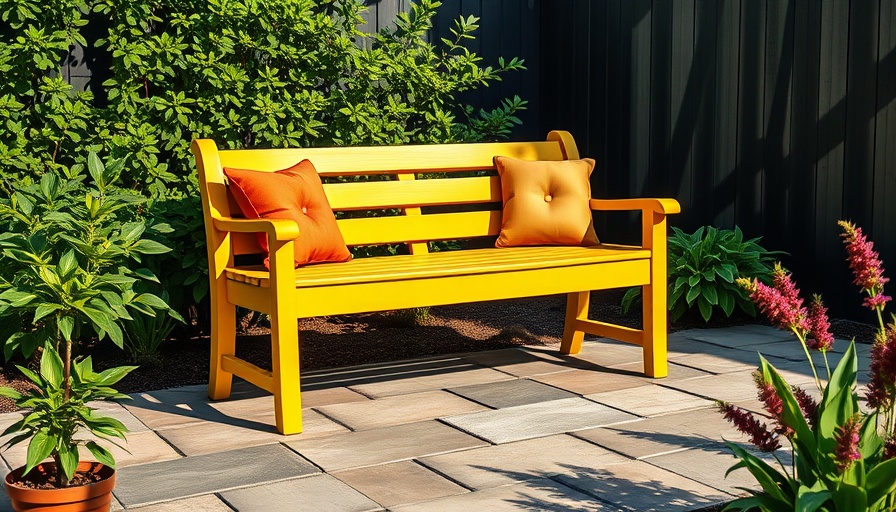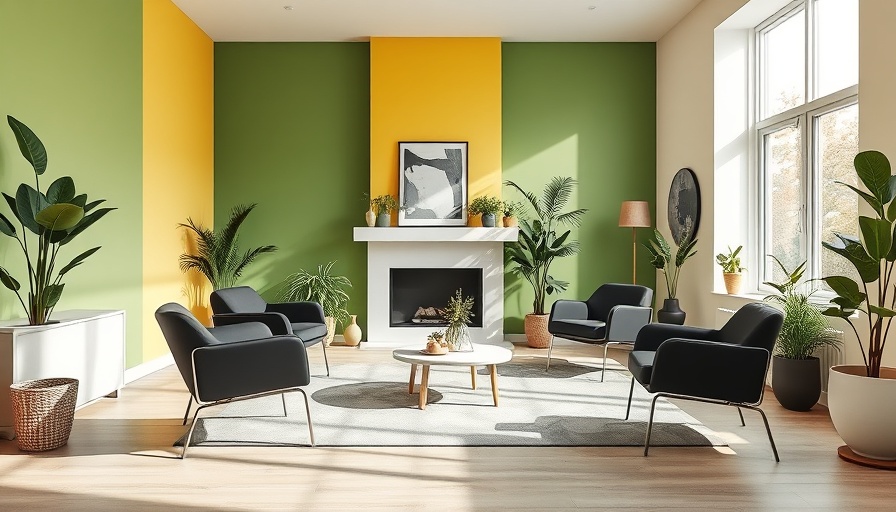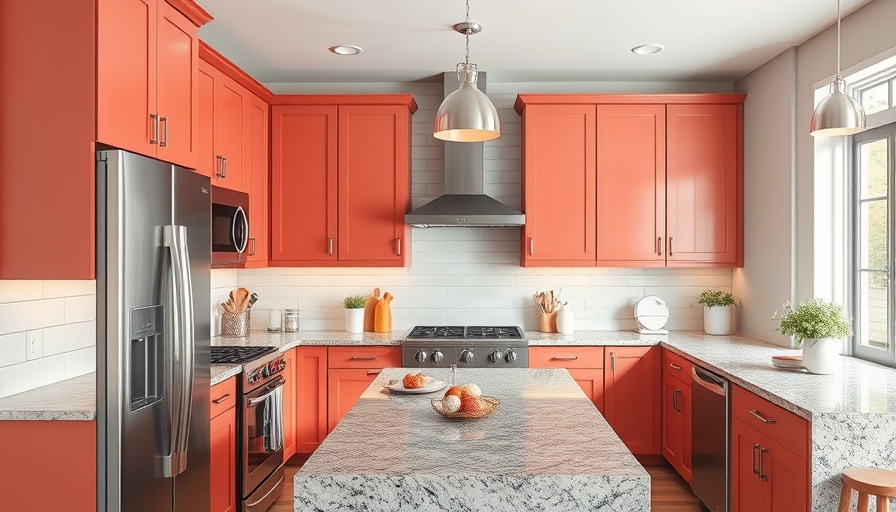
Why Your Garden's Value Matters
When it comes to selling your home, first impressions count, and your garden is a vital element in enhancing your property's kerb appeal. An attractive garden can significantly boost your home’s value, attracting eager buyers and potentially increasing your selling price. However, certain features can have the opposite effect, leaving prospective buyers unimpressed and hesitant to make an offer. Understanding the impact of these features can pave the way for a more successful sale.
1. The Drawbacks of Artificial Grass
Artificial grass may seem like a practical choice, promising year-round neatness and low maintenance, yet it can turn away eco-conscious buyers. According to Andrew Boast, founder of SAM Conveyancing, many see it as a style compromise that doesn’t support biodiversity and poses hygiene concerns, particularly for families with pets. Furthermore, it can overheat in summer, fade in high-traffic areas, and limit drainage, raising practical issues for buyers.
2. The Impact of an Untidy Lawn
Keeping your lawn tidy is essential; an unkempt garden can signal neglect. Luke Newnes, a gardening specialist, points out that an overgrown garden not only diminishes aesthetic appeal but can also give buyers the impression that substantial work lies ahead. A well-maintained lawn cultivates a positive connection with potential buyers, allowing them to envision themselves living in a well-cared-for space.
3. Fire Pits: A Risky Investment?
While fire pits can create a cozy atmosphere, large fixed installations may limit a garden's functionality. Buyers often perceive them as safety hazards for children and pets, which might lead to lower offers. As Boast notes, potential homeowners might feel restricted by such installations, which interfere with their creative vision for the garden.
4. The Trouble with Oversized Structures
Outdated or oversized garden structures, like sheds and pergolas, can also detract from your property's appeal. They may dominate a small garden, making it feel cramped. Homeowners should regularly assess and update these features to maintain a fresh appeal, ensuring that they cater to the preferences of modern buyers.
5. Avoiding Seasonal Trends
As property experts recommend, it’s wise to steer clear of overly trendy features that might not stand the test of time. What seems appealing today may be viewed as outdated in just a few years. Buyers are increasingly looking for gardens that allow for adaptability and personalization, rather than overly rigid or personalized designs.
Understanding Market Preferences
Adapting your garden to fit current market preferences can potentially enhance its appeal. Insights from real estate professionals suggest that buyers are more likely to gravitate towards gardens that reflect modern design principles and eco-friendly practices. For instance, native plant gardens that require low maintenance while enhancing biodiversity are becoming more desirable.
Final Thoughts on Garden Improvement
Making the right choices about your garden can dramatically impact your home’s selling potential. Focus on creating a space that feels welcoming, functional, and well-maintained. By avoiding the features discussed and emphasizing current market preferences, you’ll set the stage for a successful home sale.
If you’re considering improvements that align with your personal style while preparing your home for sale, consult local experts for the latest garden trends in London. Remember, a little effort in enhancing your garden can translate into big financial rewards when it’s time to sell.
 Add Row
Add Row  Add
Add 






Write A Comment